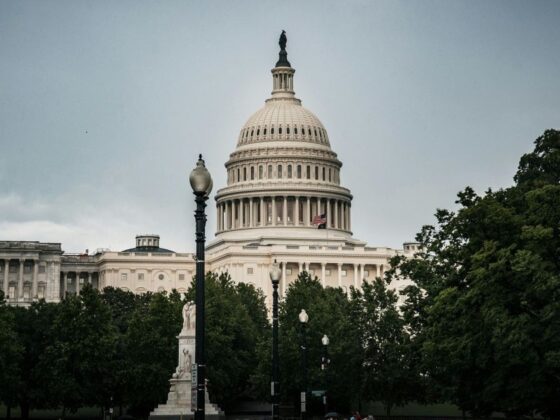What happens when no one can travel anymore? Let’s talk about it. The global tourism economy is a juggernaut. It’s an undisputed growth story, expected to grow by 10% this decade with over a billion international arrivals and a projected contribution of $16 trillion to global GDP by 2034.
But what happens when that story hits an unexpected plot twist? What if the very people who are meant to fuel this growth can no longer afford to travel?
We’re so focused on the tech-driven possibilities of the industry that we’re forgetting the fundamental human and economic realities. The growth projections are based on an assumption of expanding affluence, particularly in the middle class of developing countries. Yet, the same macroeconomic shifts—automation, the erosion of traditional jobs, the increasing cost of living—that are being heralded as the drivers of a more efficient, tech-enabled world, are also creating a workforce with reduced or, in some cases, removed income.
Imagine a world where the intelligence workforce is dramatically impacted by the rise of AI. Their income, which once supported leisure travel, is gone. The juxtaposition is jarring. We’re expecting a global tourism boom at the same time we’re potentially creating a global workforce that simply can’t afford to be a part of it. The conundrum is stark.
The tourism industry’s reliance on discretionary income makes it uniquely vulnerable to this kind of systemic economic upheaval. While leisure travel is often more resilient than business travel after a shock, it’s also the first thing to be cut when household budgets get squeezed. If a significant portion of the global population, from the so-called “traveling class,” suddenly lacks the disposable income to book flights and hotels, that glittering 10% growth figure becomes little more than a phantom.
This isn’t about a temporary dip in the market or a regional downturn. This is a fundamental shift that could fly in the face of every rosy projection. We’ve become accustomed to the idea of a perpetually growing tourism industry, fueled by an ever-expanding consumer base. But what if the very forces driving technological progress are also undermining the economic foundations of our own industry? It’s a different view of the future, a sobering counter-narrative to the prevailing optimism.
Life is so tech. And sometimes, its progress might be our biggest competitor.
Mark Fancourt





